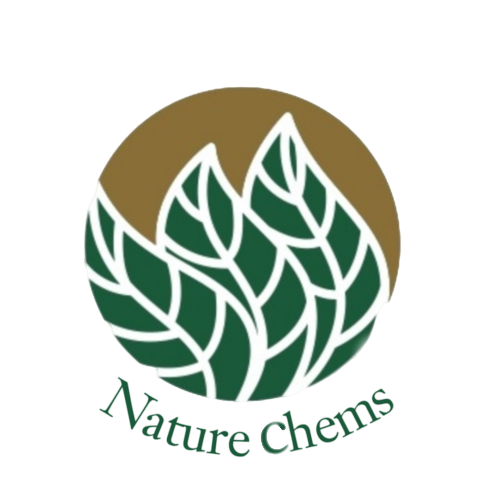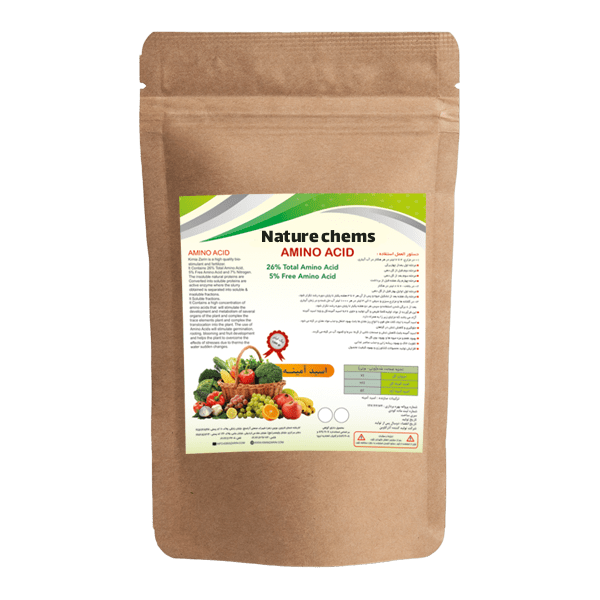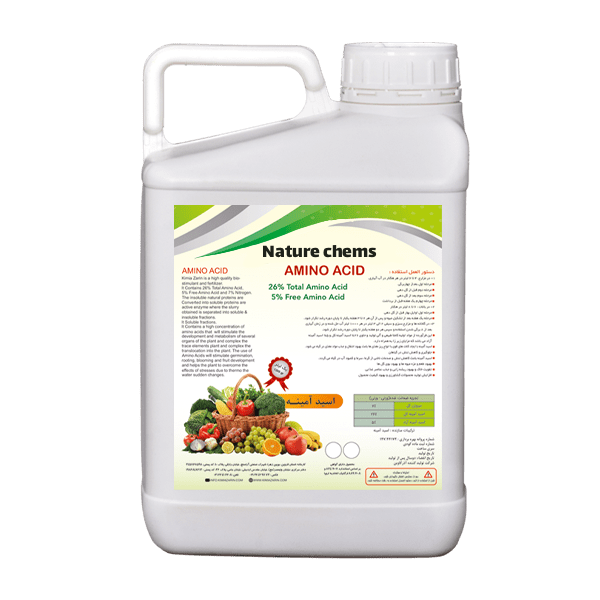This product has high capacity in supplying Iron to the plants even in severe deficiency conditions. Iron Chelate together with Amino Acid causes increase in absorption capability and transfer of this element to the plant.
Advantages
- Compensation of Iron deficiency
- Increase in protein synthesis
- Stimulation of flowering
- Increase in photosynthesis and chlorophyll production
- Increase in plant resistance and assistance in overcoming stress (drought, freezing, salinity, etc.)
- Compatible with vegetative growth phase of vegetable leaves.
- Improvement of fruit color and taste (tomato, pomegranate, pistachio, apple, beetroot, etc.)
- Amino Acids in this fertilizer in addition to increasing vegetative and reproductive growth, act as a natural chelating agent that facilitate absorption and transfer of Iron and other elements within the plant.
- Compensation of Iron deficiency due to the soil being calcareous and alkaline, high pH, salinity, existence of Calcium Carbonate, deficiency of organic compounds and lack of appropriate soil ventilation.
- Increase in quality and function of farm and garden products
Ingredients
| Ingredients (%) | ||
| Iron | Total Amino Acids | Free Amino Acids |
| 5 | 15 | 12 |
Directions for Use
Irrigation:
Farming: 4 liters per hectare
Gardens and vegetables: 2 – 3 liters per hectare
Foliar Spraying:
Farming:
Grains: 1 – 1.5 liters per one thousand
Gardens:
Cold climate fruit trees: 1 – 1.5 liters per one thousand
Stone fruit trees: 1.5 liters per one thousand
Grapes: 1 per 1000
Strawberry, tomato, capsicum, vegetables, ornamental plants and other products: 1 – 2 liters per one thousand
Hydroponic Greenhouses
5 – 30 ppm
Time of Use:
Farming: Before flowering, fruit formation, fruit growth
Grains: Every 10 – 14 days. Repeat as required.
Gardens: During vegetative season, during fruit formation, ripening until before harvest
Cold climate trees, stone fruit trees and grapes: In case of Iron deficiency, foliar spraying should continue until complete clearing of deficiency signs.
Strawberry: One foliar spraying, 3 – 4 weeks after cultivation
Tomato and capsicum: Begin foliar spraying 3 -4 weeks after transfer of seedling to main ground. Second stage: 14 days later.
Various vegetables: Begin spraying after appearance of 4 main leaves. Times: twice with 14 days distance
Decorative plants: Begin foliar spraying from first stages of growth. Times: twice with 14 days distance, thereafter repeat every month.
Other products: In case of appearance of Iron deficiency signs, continue spraying once in every 2 – 3 weeks until complete clearing of deficiency signs.
Warnings:
The amount, time and method of use of our products vary based on area climate, plant age, degree of deficiency, and other factors. Consequences of improper use should be borne by the consumer. Remaining fertilizers and agricultural pesticides cause irreparable damage to water, soil and the ecosystem. Therefore, minimum use with the correct method using calibrated instruments is highly recommended.
Mixture with other products
Do not mix with other pesticides and chemical compounds at the time of use. In particular, the product is not mixable with compounds containing copper, sulfur, strong acidic compounds and mineral oils.




Reviews
There are no reviews yet.